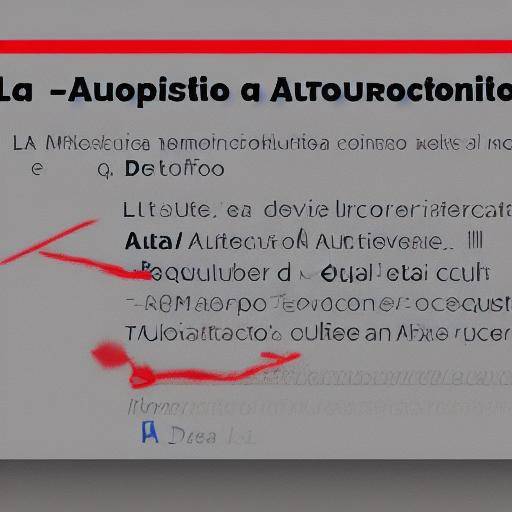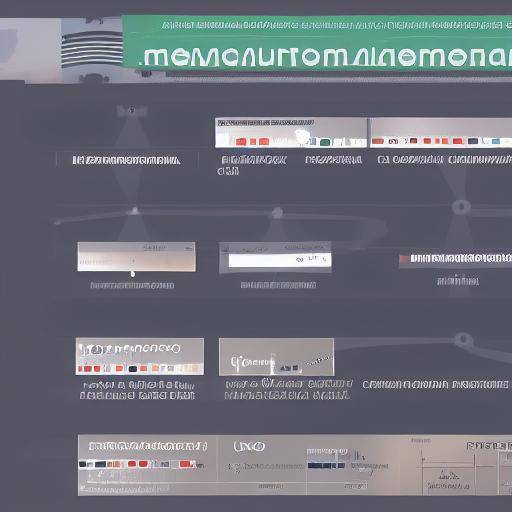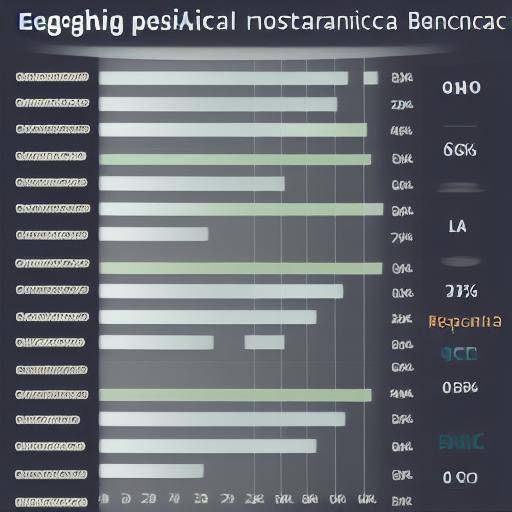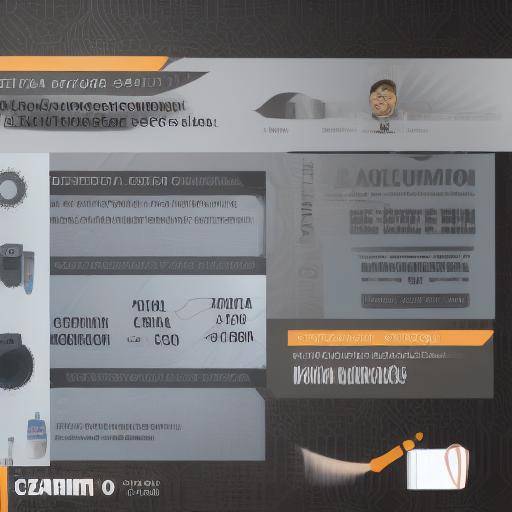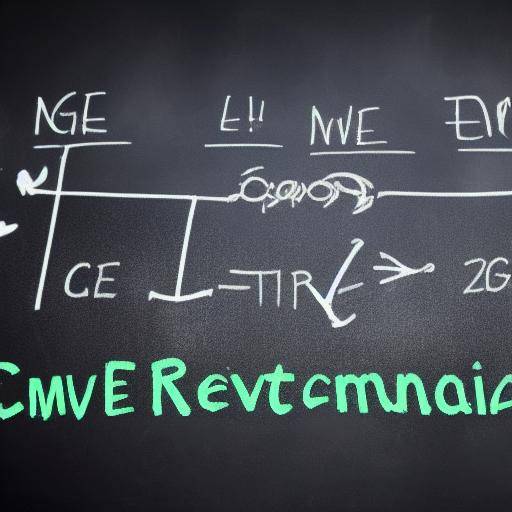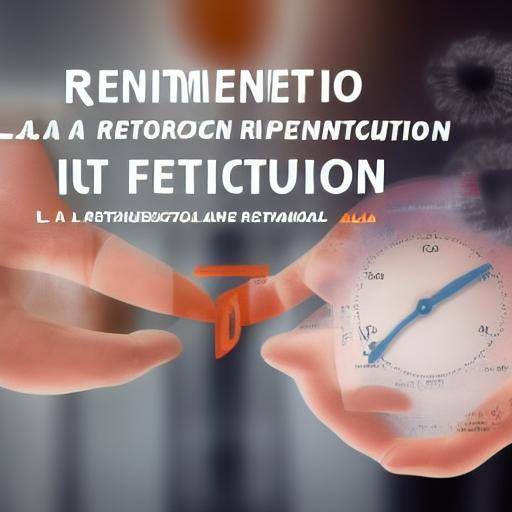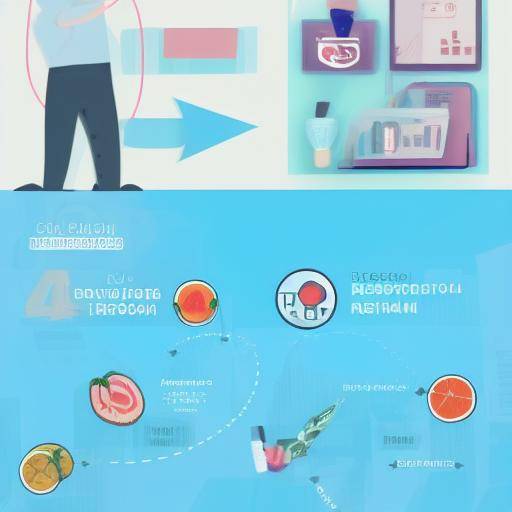
Feedback is fundamental to the development of a proactive attitude and continuous improvement in all aspects of life. In labour, educational and personal environments, effective feedback marks the difference between mediocrity and success. In this article, we will explore the impact of feedback on the development of a proactive attitude, the importance of a culture of continuous improvement, and how these practices can enhance personal and professional growth.
1. The importance of feedback
Understanding the concept of feedback
Feedback is a bidirectional process in which opinions, views and suggestions for development and improvement are shared. In the labor, academic and personal context, constructive feedback serves as an invaluable mechanism to identify strengths, weaknesses and areas of improvement. From a psychological perspective, effective feedback can strengthen self-confidence, motivation and mood. We will then analyze the importance of providing and receiving feedback, as well as the benefits it brings to personal and professional evolution.
History and evolution of feedback
The practice of feedback has deep roots in the history of psychology and organizational development. From the first studies of feedback in the 1950s to its implementation in entrepreneurship and education, we will witness how the concept of feedback has evolved over the decades. We will explore the key milestones, relevant theories and significant contributions that have shaped our current understanding of feedback.
In-depth analysis of the impact of feedback
We will address the tangible and intangible benefits of effective feedback, both for the individual and for the organizations. We will examine case studies, relevant statistics and examples of real life that demonstrate how feedback can boost growth, productivity and well-being in different environments. We will also explore the challenges and obstacles that can arise when implementing and receiving feedback, as well as strategies to overcome them.
Benefits of effective feedback
- Performance improvement: Feedback allows to identify areas of improvement and strengths, facilitating the development of skills and competencies.
- Increased motivation: Positive feedback reinforces the desired behavior and motivates to continue in the same direction.
- Promoting self-consciousness: Constructive feedback helps people to be more aware of their actions and behaviors, promoting personal growth.
- Reinforcement of communication: A process of continuous feedback improves open and honest communication between the parties involved.
Challenges and strategies to overcome them
- Negative reception of feedback: To overcome resistance, it is important to present feedback in a constructive and empathic way.
- Lack of regular feedback: Establishing systems and routines to provide constant feedback can help institutionalize this practice.
- Inaccurate or vague feedback: It is crucial that feedback be specific, fact-based and proportionate in a timely manner.
2. Developing a proactive attitude
The relationship between feedback and a proactive attitude
We will discover how constant and effective feedback can significantly influence the development of a proactive attitude. We will explore how appropriate feedback can foster the initiative, responsibility and active search for solutions. We will analyze concrete examples and studies that illustrate the connection between feedback and a proactive attitude in various contexts, from the working environment to the personal sphere.
Examples of feedback promoting proactivity
- Case study: XYZ Company: A company that implemented a regular feedback system saw an increase in the proactivity of its employees, who began to propose innovative solutions and take greater responsibility in their roles.
- Educational context: Students who received continuous and specific feedback showed greater willingness to participate actively in their learning and to seek additional resources to improve their performance.
Implementing a culture of continuous improvement
Finally, we will delve into how feedback lays the foundation for a culture of continuous improvement. We will explore effective strategies and practices to foster an environment that values and promotes constant feedback, adaptation to change and continuous learning. We will analyze cases of success, tools and methods to implement and maintain a culture of continuous improvement in various fields, thus providing a fertile ground for personal development and organizational success.
Strategies to promote a culture of continuous improvement
- Establish open communication channels: Create spaces and platforms where employees or students can receive and provide feedback on a regular basis.
- Training in feedback skills: Offer training so that both team leaders and members will learn to give and receive constructive feedback effectively.
- Recompensation of proactivity and continuous improvement: Recognize and celebrate the efforts and achievements related to the implementation of feedback and the adoption of a proactive attitude.
- Use of technological tools: Implement software and applications that facilitate the feedback process and track progress.
Success cases in the implementation of a culture of continuous improvement
- Company ABC: After adopting a culture of feedback and continuous improvement, ABC reported a significant increase in labor satisfaction, employee retention and innovation.
- Educational institution DEF: The institution implemented a continuous feedback system for its teachers and students, resulting in a notable improvement in academic performance and student commitment.
Conclusion
In short, feedback is a powerful tool to develop a proactive attitude and foster a culture of continuous improvement. By providing and receiving effective feedback, people and organizations can identify areas of improvement, strengthen motivation and promote personal and professional growth. Implementing practices and strategies that value feedback and continuous improvement can significantly transform the working, educational and personal environment, leading to success and overall well-being.
Frequently asked questions
- Why is feedback important in personal and professional development?
- Feedback allows to identify areas of improvement, strengths and weaknesses, which facilitates the development of skills and competencies.
- How can feedback foster a proactive attitude?
- Appropriate feedback motivates people to take initiative, take responsibility and actively seek solutions to the challenges.
- What are the common challenges in implementing feedback and how to overcome them?
- Challenges include negative feedback, lack of regular feedback and imprecise feedback. Overcoming them requires empathy, establishing routines and being specific and timely.
- What strategies can be used to foster a culture of continuous improvement?
- Strategies include establishing open communication channels, training in feedback skills, rewarding proactivity and using technology tools.
- How does feedback impact productivity and well-being in the workplace?
- Feedback improves communication, self-consciousness and motivation, which in turn increases productivity and overall well-being in the workplace.
Implementing and maintaining a culture of feedback and continuous improvement not only strengthens the proactive attitude, but also promotes sustained growth and long-term success in any environment.










